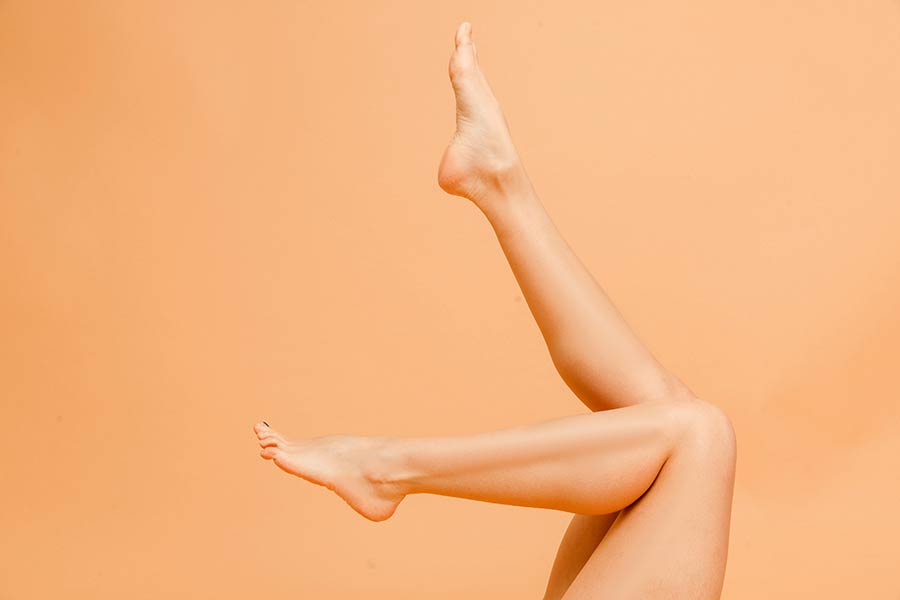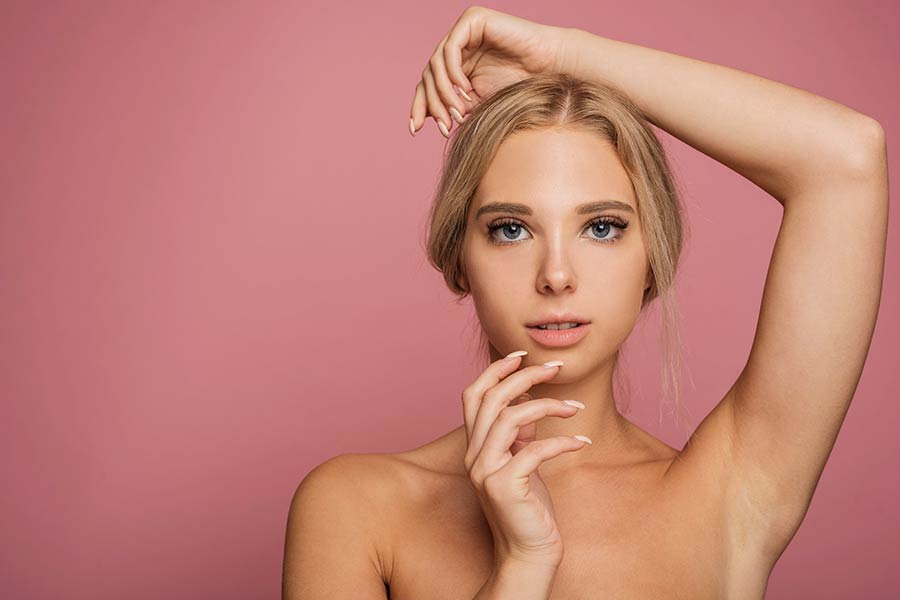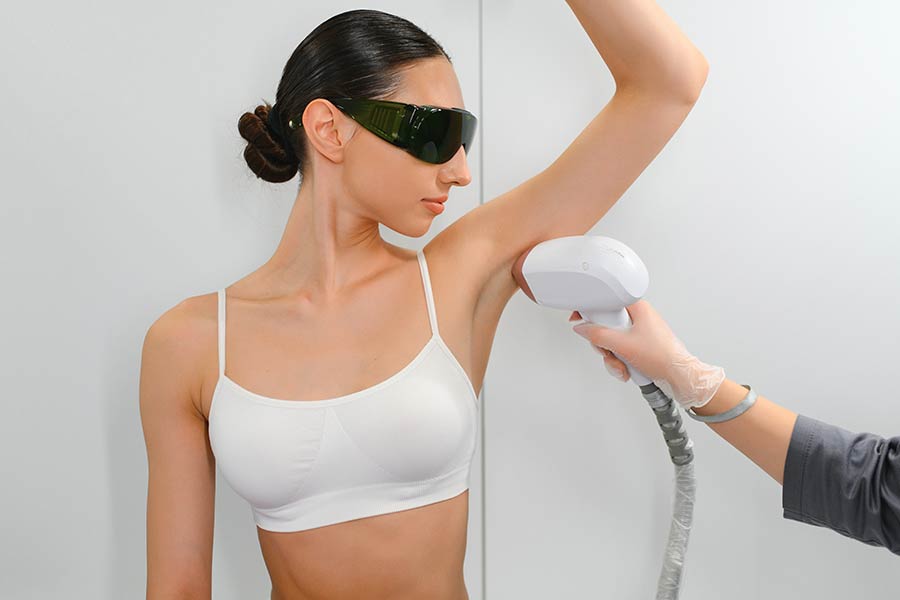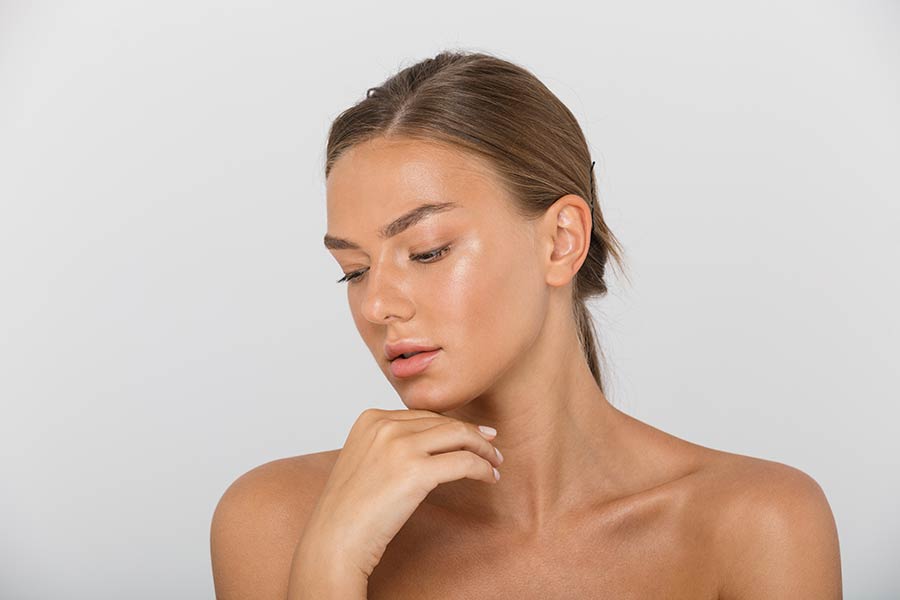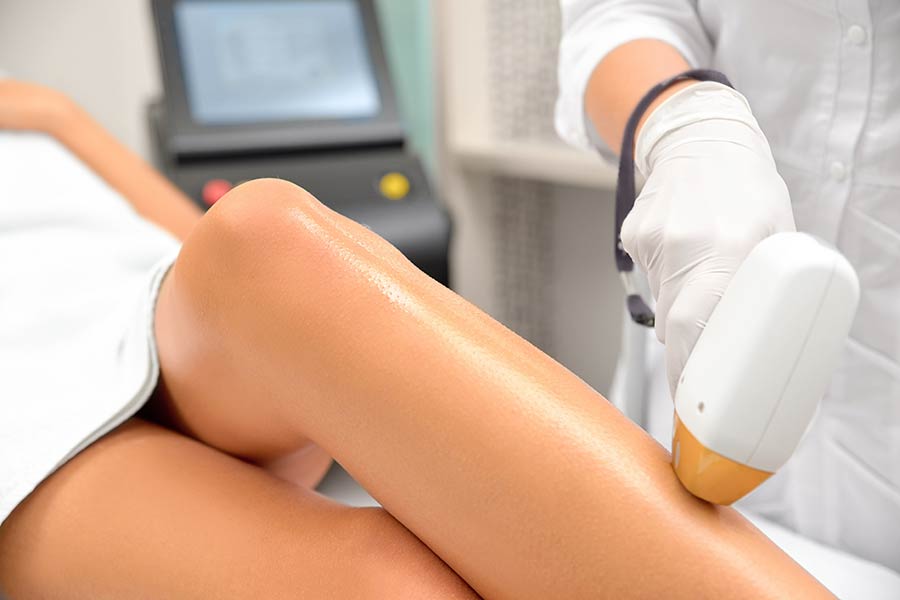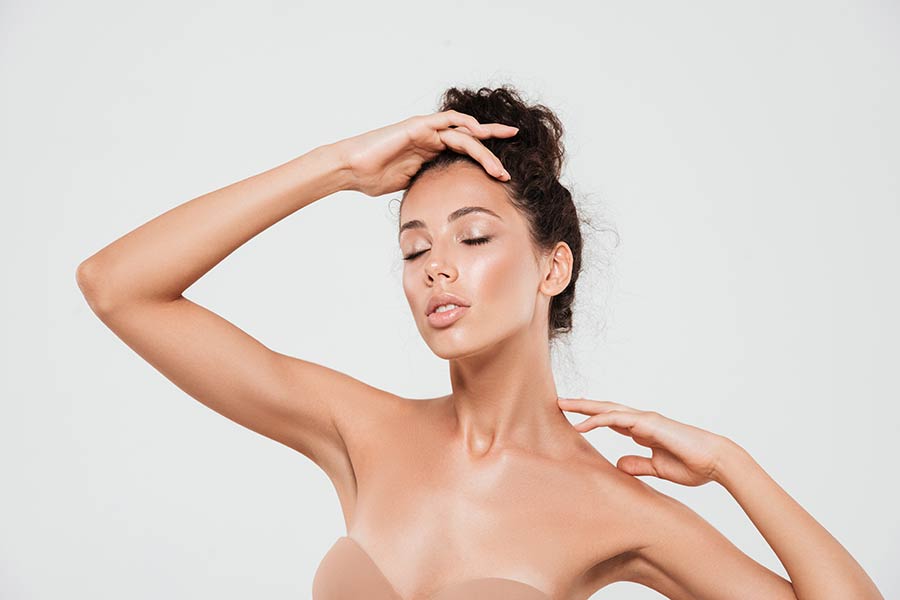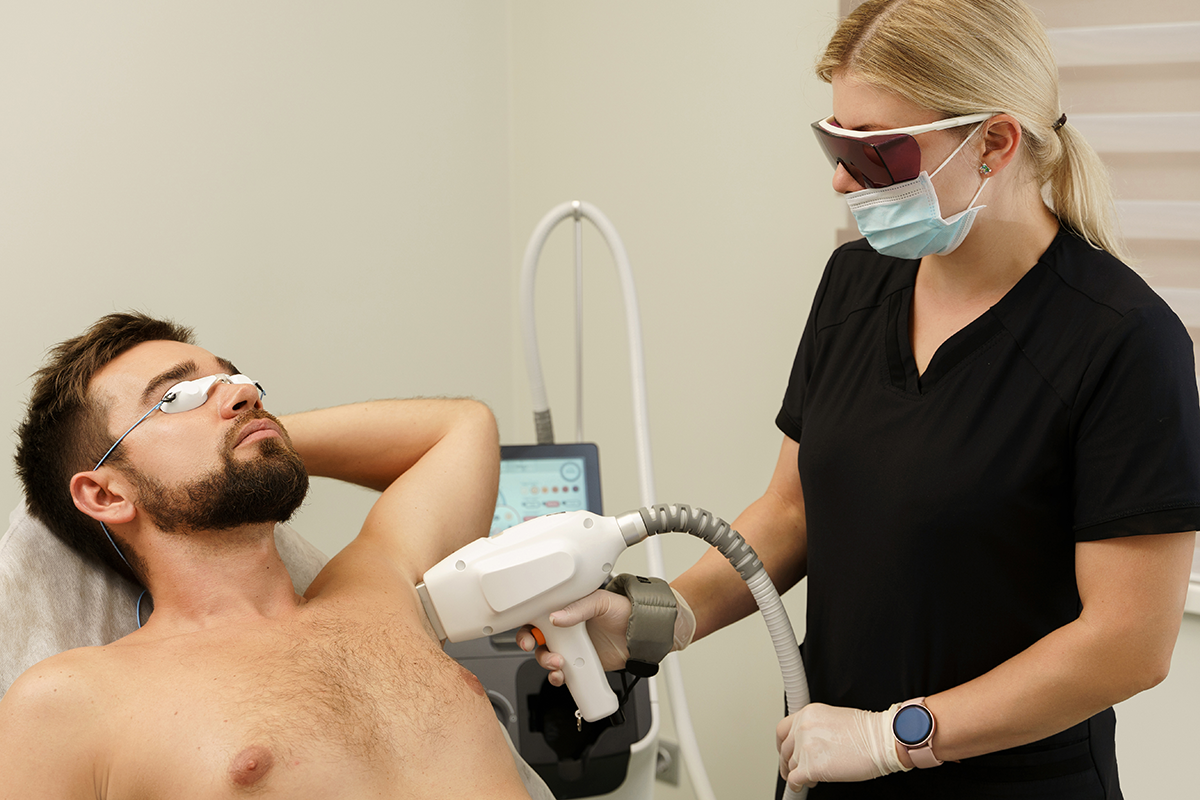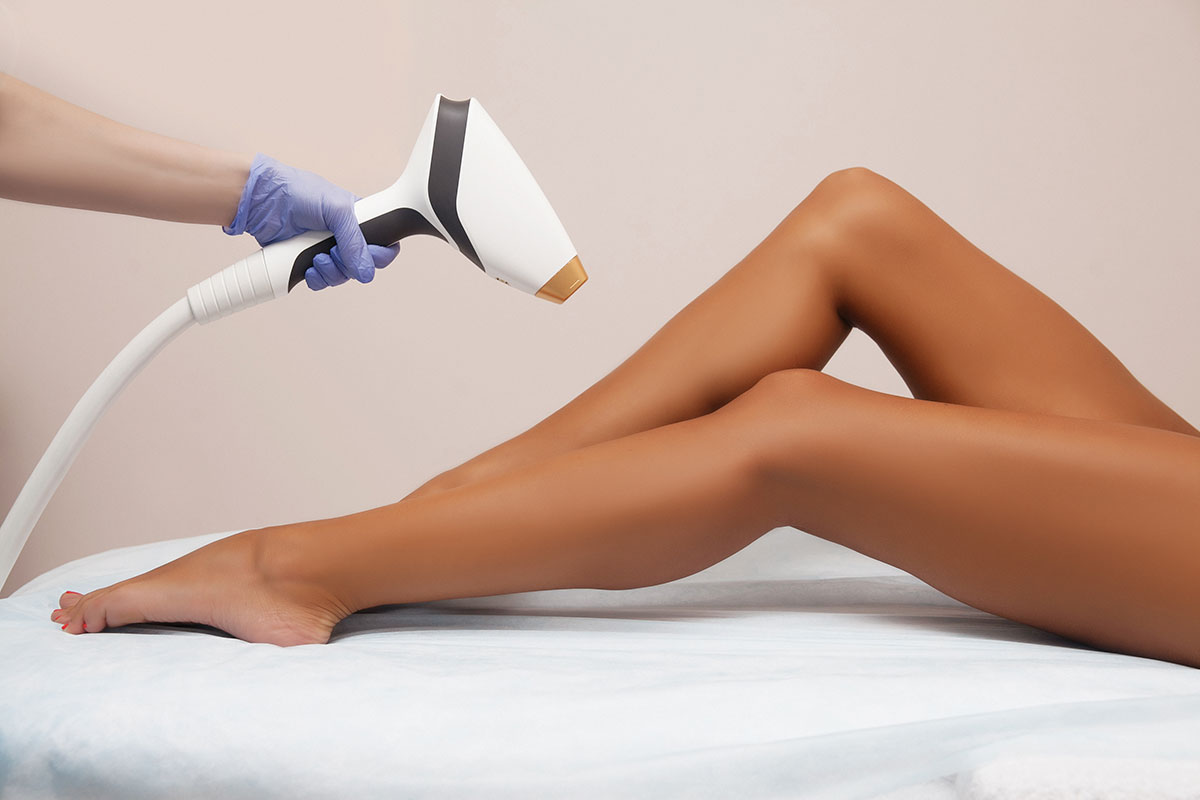Diving into the world of laser hair removal after can feel like stepping into uncharted territory. It’s a journey from the prickly paths of traditional hair removal methods to the smooth avenues promised by modern technology. Yet, what lies beyond the initial treatment sessions? The aftermath is often glossed over, leaving many curious and a bit anxious about what to expect. This post aims to shed light on the real deal with laser hair removal aftercare, debunking myths and setting expectations straight. Whether you're contemplating taking the leap or are already navigating your post-laser journey, understanding the do's and don'ts can make all the difference in achieving those silky-smooth results.
Key Takeaways
- Laser hair removal offers a long-term solution for unwanted hair, but understanding the procedure is key to setting realistic expectations.
- Following immediate aftercare steps, such as avoiding heat and direct sunlight, can significantly reduce discomfort and improve results.
- Managing side effects promptly, including redness or swelling, ensures a smoother recovery process and prevents complications.
- Skincare post-procedure, including gentle cleansing and moisturizing, is crucial for healing and maintaining skin integrity.
- Protecting treated areas from sun exposure by using broad-spectrum sunscreen helps maintain the effectiveness of the treatment and prevents skin damage.
- Long-term maintenance, including follow-up sessions and adhering to recommended skincare routines, is essential for extending the benefits of laser hair removal.
Understanding Laser Hair Removal
Procedure Basics
Laser hair removal is a popular method for reducing unwanted hair. It uses focused light to target and destroy hair follicles, which can lead to long-term hair reduction. The effectiveness of this procedure depends on the technology used and the skill of the professional performing it.
It's crucial to choose a qualified professional for laser hair removal. This choice minimizes risks such as skin irritation or more severe side effects. Different types of lasers are available, each designed for specific hair and skin types. They work by targeting the melanin in hair follicles without damaging surrounding skin.
Skin Types
Not all skin reacts the same way to laser treatment. That's why understanding your skin type is essential before starting. A personalized treatment plan should be created based on your unique skin characteristics.
Sensitive or darker skin tones require extra care during laser hair removal. These skin types are more prone to adverse effects like discoloration or burns if not treated properly. Professionals use specific laser types and settings to safely treat these concerns, ensuring a smoother experience.
Expected Results
Setting realistic expectations is key when considering laser hair removal. While many see significant hair reduction, it usually requires multiple sessions. The number of sessions varies depending on factors like hair color, thickness, and the area being treated.
Results start becoming noticeable after the initial treatment but become clearer over time. Hair grows in cycles, so catching each follicle at the right stage takes patience and consistency. Understand that results differ from person to person due to individual characteristics like hair color and texture.
Immediate Aftercare Steps
Skin Cooling
After laser hair removal, cooling the skin is crucial. During treatment, cooling methods help protect the skin. They also make the process more comfortable. Right after, these techniques reduce discomfort and swelling. It's a good idea to use ice packs or cool compresses. Apply them gently to the treated areas.
Cooling not only soothes but also minimizes redness. This makes recovery smoother. Patients often report feeling relief immediately after using cooling methods.
Hydration Tips
Keeping your skin hydrated is key, both before and after laser treatment. Drink plenty of water to help your skin heal. Also, use hydrating skincare products that are gentle on your skin.
Avoid alcohol and caffeine as they can dehydrate you. This slows down the healing process. Well-hydrated skin recovers faster and looks healthier.
Clothing Advice
Wearing loose, comfortable clothing is important after laser hair removal. Tight clothes can irritate the treated areas. Choose natural fabrics like cotton which let your skin breathe.
Avoid tight-fitting clothes that cause friction. This can lead to increased sensitivity and discomfort.
Managing Side Effects
Redness Reduction
After laser hair removal, it's common to experience some redness. Applying cold compresses can offer immediate relief. Just wrap a few ice cubes in a soft cloth and gently press against the affected area. Another effective remedy is aloe vera gel. Its cooling properties help soothe the skin quickly.
Over-the-counter products designed for sensitive skin can also reduce redness. Look for creams with chamomile or calendula, as these ingredients are known for their calming effects. Remember, hot water can worsen redness, so always use lukewarm water when cleansing treated areas.
Soothing Irritation
To ease irritation after laser hair removal, choose gentle skincare products. Opt for fragrance-free lotions and cleansers that won't aggravate your skin. Natural remedies like oatmeal baths can be incredibly soothing. Simply add ground oatmeal to lukewarm bathwater and soak for relief.
It's important not to scratch or pick at the treated area. Doing so can lead to further irritation or even infection. If you feel an itch, lightly pat the area with a soft, clean cloth instead.
Preventing Infection
Keeping the treated area clean and dry is crucial for preventing infection. Gently wash the area with mild soap and water daily, then pat dry with a soft towel. If your skin care professional recommends it, apply an antibacterial ointment to protect against bacteria.
Avoid communal pools, saunas, and hot tubs for at least 48 hours post-treatment. These places can harbor bacteria that may lead to infections in sensitive areas.
Skincare Post-Procedure
Gentle Products
After laser hair removal, your skin needs tender care. Choose gentle, non-abrasive skincare products for the treated areas. Harsh chemicals or alcohol in some products can irritate your skin. This is crucial because, post-treatment, your skin is more sensitive.
Before using a new product, do a patch test on a small area first. This helps ensure it won't cause irritation. Remember, the goal is to soothe and protect your skin as it heals.
Avoiding Sun Exposure
It's vital to avoid direct sun exposure after laser hair removal. The sun can damage sensitive skin and undo the benefits of your treatment. Use a broad-spectrum sunscreen with high SPF every day, even if it's cloudy.
Wear protective clothing and seek shade when you're outside. Hats and long sleeves can be very helpful. These steps are important not just for maintaining the results of your treatment but also for preventing skin damage.
Chemicals to Avoid
e common chemicals in skincare and cosmetic products can interfere with your healing process. Avoid exfoliating acids and retinoids post-treatment; they can irritate the skin.
Check product labels for ingredients that may hinder healing. If you're unsure, consult with a skincare professional about safe options. It's better to be cautious than to risk irritating your treated skin.
Enhancing Skin Health
Moisturizing Strategies
After laser hair removal, skin hydration is key. It helps the skin recover faster. Products with hyaluronic acid or ceramides work best. They provide deep hydration without being heavy.
But, it's important not to overdo it. Too much moisturizer can clog pores and lead to breakouts. Use just enough to keep the skin supple and healthy.
Gentle Exfoliation
Removing dead skin cells is essential for smooth skin. But, wait at least a week before you start exfoliating after treatment. This gives your skin time to heal.
Choose gentle exfoliators. Avoid harsh scrubs or tools that can hurt your sensitive skin. Gentle exfoliation helps reveal the soft, smooth skin underneath.
Long-term Radiance
To keep your skin glowing, add antioxidants and vitamins to your skincare routine. These nutrients help fight off damage and keep your skin looking fresh.
A healthy lifestyle also plays a big part in maintaining radiant skin. Eating well, staying hydrated, and getting enough sleep all contribute to beautiful, healthy skin.
Protecting Treated Areas
Importance of SPF
After enhancing skin health with laser hair removal, protecting the treated areas becomes crucial. Sunscreen is a must. It shields the skin from harmful UV rays. Daily application is non-negotiable, especially on sensitive spots where hair was removed.
Choosing the right SPF product is key. Look for formulas designed for sensitive skin. They should be gentle yet effective. This careful selection prevents irritation while ensuring protection.
The benefits of diligent sun protection are vast. It not only safeguards your freshly treated skin but also combats premature aging. Regular use of sunscreen maintains your skin's youthfulness and health in the long run.
Barrier Creams
Post-laser care isn't complete without barrier creams. These products form a protective layer over your skin. They help retain moisture and enhance the skin's natural defenses against environmental damage.
Barrier creams are particularly beneficial after laser treatments. They prevent dryness by locking in moisture, which is essential for healing. For optimal recovery, choose creams specifically formulated for post-laser care. These usually contain ingredients that soothe and repair the skin more effectively.
Safe Outdoor Activities
Engaging in outdoor activities doesn't mean risking your newly treated skin to sun damage. Certain precautions can make outdoor fun safe and enjoyable.
Firstly, select activities that limit direct sun exposure on treated areas. Early morning or late afternoon times are best since the sun’s rays are less intense then.
For those who love being active outdoors, wearing sun-protective clothing is wise. Hats, long sleeves, and sunglasses add an extra layer of defense during sports or leisure activities outside.
Lifestyle Adjustments
Activity Restrictions
After laser hair removal, your skin needs time to heal. Avoid direct sunlight and hot environments like saunas. These can irritate your skin.
Strenuous exercises should also be off your list for a few days. They increase body temperature and sweat, which might lead to irritation or infection. Swimming pools and the ocean are no-go zones too. They contain chlorine and salt that can harm sensitive skin.
Diet and Hydration
A balanced diet plays a crucial role in your skin's recovery. Foods rich in antioxidants, such as berries, nuts, and green leafy vegetables, help repair the skin faster.
Increasing water intake is essential. It keeps the skin hydrated and healthy during the healing process. Try to avoid alcohol and caffeine as they can dehydrate your body and slow down the healing process.
Stress Management
Stress affects your skin's ability to heal after laser hair removal. Techniques like meditation, yoga, or deep breathing can reduce stress levels significantly.
Getting enough sleep is also vital for skin health. It allows your body to repair itself more efficiently.
Advanced Skincare Tips
Resuming Treatments
After adjusting your lifestyle for laser hair removal, think about when to resume treatments. The right time depends on your hair growth cycle and how your skin reacted to the first session. Most people wait 4 to 6 weeks between appointments. This lets the hair enter the right growth phase for effective removal.
It's wise to see a professional before setting dates. They understand how treatments should space out based on your unique hair growth and skin type. They'll craft a plan that suits you best.
Professional Advice
Post-treatment care is crucial for smooth, healthy skin. Always follow the guidance given by your healthcare provider. These instructions help avoid complications and ensure the best results.
Make sure to book follow-up appointments. These check-ups let your provider see how well the treatment worked and if your skin is healing properly. Don't hesitate to ask questions or share concerns during these visits. Your comfort and understanding matter.
Monitoring Skin Changes
Keep an eye on your skin after laser hair removal treatments. Look out for any new or worsening signs. Redness might be normal at first, but it shouldn't last long.
If you notice persistent redness, swelling, or signs of infection, get in touch with a healthcare professional immediately. Early action can prevent more serious problems from developing.
Long-term Maintenance
Routine Adjustments
After laser hair removal, your skin needs extra care. You might have to change your skincare and lifestyle routines for a while. This includes using gentler skincare products and avoiding direct sunlight. These changes are usually temporary. Most people can return to their normal routines after a few weeks.
It's important to be patient and consistent with post-treatment care. This helps your skin heal properly and ensures better results from the treatment.
Follow-up Sessions
Follow-up sessions play a crucial role in laser hair removal. They let your specialist check how well the treatment worked for you. They also plan if you need more treatments to get the results you want.
How often you need these appointments depends on different things like your skin type and hair growth rate. Keeping an open line of communication with your treatment provider is key. It ensures you get the best possible outcome from your treatments.
Expectations vs. Reality
Many people think that laser hair removal gives instant perfect skin or stops all hair growth forever. But, that's not always true. The reality is, it takes time to see the full benefits of the treatment. Your skin condition improves gradually, not overnight.
It's also important to remember that everyone's experience with laser hair removal is different. Some might see quicker results than others. Setting realistic expectations helps avoid disappointment and gives a clearer idea of what to expect from the process.
Closing Thoughts
ou've zapped those pesky hairs away and are probably feeling pretty good about it. That's great! But remember, the journey to silky-smooth skin doesn't end as soon as you step out of the clinic. From the immediate aftercare steps to long-term maintenance, keeping your skin in tip-top shape is a marathon, not a sprint. It's all about treating your skin with kindness—hydrating, protecting, and giving it the TLC it deserves.
Now's the time to embrace these changes and make them part of your daily routine. Whether it's slathering on that SPF or tweaking your skincare products, every little bit helps in ensuring your skin stays as fabulous as you are. And hey, if you ever feel lost or need a refresher, we're always here to help guide you through. So go ahead, flaunt that smooth skin with confidence and keep shining bright!
Frequently Asked Questions
What should I do immediately after laser hair removal?
Right after your session, cool down the treated area with ice packs or a cold gel. It's like giving your skin a little hug to say, "It's all going to be okay." Avoid hot showers and sweating it out at the gym for 24 hours.
Can I expect any side effects from laser hair removal?
Yes, but don't sweat it! You might see some redness or swelling, sort of like your skin is throwing a small tantrum. It usually calms down within a few hours to a couple of days. If it doesn't, give your doc a shout.
How should I care for my skin after laser hair removal?
Treat your skin like it's VIP—keep it moisturized and slather on that sunscreen like you're icing a cake. Avoid exfoliating or anything harsh; let's not upset the apple cart!
Is there anything specific I should avoid doing after laser hair removal?
Absolutely! Think of your treated area as being in "recovery mode." So, no sunbathing, saunas, or marathons for now. Give it a break from anything that could irritate it further.
How can I enhance my skin health post-laser treatment?
Feed your skin with kindness—hydrate well, munch on antioxidants-rich foods like berries and nuts, and keep up with gentle skincare routines. It's like nurturing a plant; give it love, water, and sunlight (well, not too much!), and watch it thrive.
What are some advanced skincare tips after laser treatment?
Dive into the world of serums and creams that salute your skin’s healing process. Look for ingredients like hyaluronic acid for hydration and niacinamide for soothing. Think of them as your skin's best buddies helping it bounce back.
How important is long-term maintenance after laser hair removal?
It's key! Imagine maintaining your car or bike—it needs regular check-ups to stay smooth. Similarly, follow-up treatments and sticking to good skincare habits will keep your skin looking its best. Consistency is king (or queen)!

